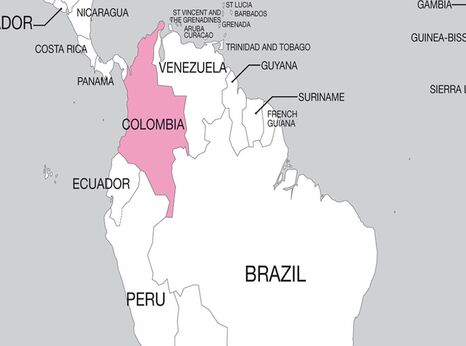Rural communities and environment at risk

In 2017, the ruling T- 236 by the Colombian Constitutional Court concluded that there are elements to affirm, provisionally, that glyphosate is a toxic substance that, depending on the level of exposure, can cause cancer or have other health implications. This ruling also sets the requirements that must be met before using aerial spraying to destroy illicit crops.
In 2019, the Constitutional Court issued the resolution 387 concluding that the government had the obligation to prioritize voluntary substitution over violent forced eradication methods. The Court also established that aerial spraying with glyphosate should be the last option, only if voluntary substitution and manual eradication have failed.
The resolution also determined that the Colombian government should frame a decision on the return of aerial spraying within the framework of point 4 (“Solution to the problem of Illicit Drugs”) of the Peace Accords, signed by the Colombia government and the FARC-EP in 2016.
On 17 December 2020, ten UN independent experts sent a letter to the President of Colombia asking the government not to resume aerial spraying of illicit crops, as this program would present “enormous risks” for human rights and the environment and would violate the peace agreement, as well as could go against Colombia’s obligations under international human rights law.
In 2020, the government failed to significantly implement programmes for voluntary crop substitution, a key component of the Peace Agreement. Instead, the government set a goal of forcibly eradicate coca production on over 130,000 hectares, led by the military. On July 2020, Amnesty International issued a press release calling on the government to stop ground-spraying operations in coca plantations because they could result in human rights violations in the campesino farming communities that depend on coca for their livelihoods. Moreover, Amnesty International argued that beginning a process of forced crop eradication would exacerbate the situation of conflict in the country and leave rural communities and social leaders in an even more dangerous situation.
Despite the health emergency declared due to COVID-19 and government orders for mandatory isolation; as well as multiple requests by several civil society organizations to suspend forced eradication of coca during the sanitary emergency; the authorities carried out these operations in at least seven departments in the country.